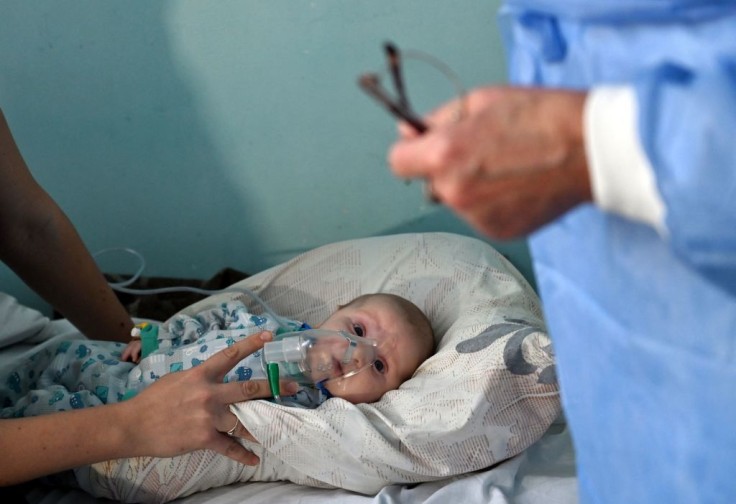
A surge in respiratory illnesses among kids is beginning to put a strain on hospitals in the United States. Hospitals, in particular, are seeing an increase in cases of respiratory syncytial virus (RSV), a common cold virus that can be associated with severe disease in older adults and young children.
According to the U.S Centers for Disease Control and Prevention's (CDC) latest real-time surveillance data, cases are rising in multiple regions in the U.S, with some already nearing seasonal peak levels.
Surveillance data that was collected by the CDC clearly showed a rise in RSV cases nationwide in the past weeks, with cases detected by PCR tests more than tripling over the past couple of months and nearing the peaks of last year. The surveillance program of the CDC captures data from 75 counties, which represent about 9 percent of the total US population.
RSV cases skyrocket at Connecticut Children's Hospital
Monica Buchanan, who is Connecticut Children's Hospital's senior director of strategic and enterprise communications told CNN that RSV admissions have skyrocketed at their hospital and October has been like never before for this virus.
According to Buchanan, hospital leaders have met with the National Guard and the Connecticut Department of Public Health to start logistic review of putting a mobile field hospital in the front lawn. More work is planned on Thursday, October 20, to determine a final decision and to get approval.
Dr. Juan Salazar, who is the physician-in-chief and executive vice president at Connecticut Children's, said that beds are filled to capacity and kids are coming to their hospital at an unprecedented level. He added that more than 100 people with respiratory syncytial virus have been admitted over the last 10 days, many of whom require intensive care and oxygen therapy.
He said that he has been doing this for a long time, working at Connecticut Children's for 25 years, and he has never seen this level of surge, specifically of RSV, coming into their hospital.
RSV cases coming earlier in the year than expected
Salazar said that the hospital has not yet expanded to a field tent but they have to be prepared in case the numbers continue to increase. He noted that if RSV increases further and it hits them with influenza at the tail end of this, they will need additional capacity for their hospital.
What makes the rise in cases even harder to navigate is that it is coming earlier in the year than doctors would usually expect. Dr. Thomas Murray, who is a pediatric infectious disease specialist and is an associate professor at Yale University School of Medicine, told WFSB that they used to have kind of a seasonality to different viruses.
He cited RSV as an example, which would usually come in December. It would then go away and will be followed by influenza. Murray said that what seemed to happen with COVID is that now they are all circulating at the same time.